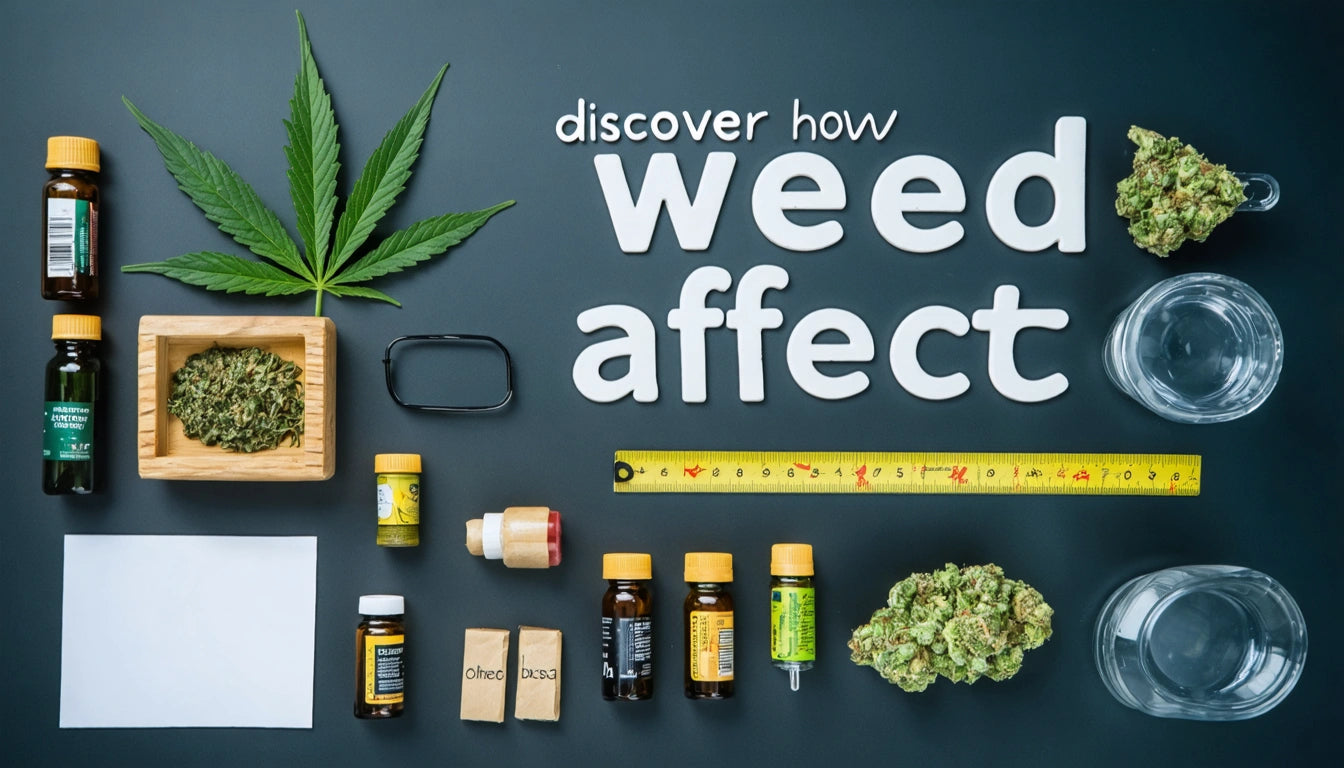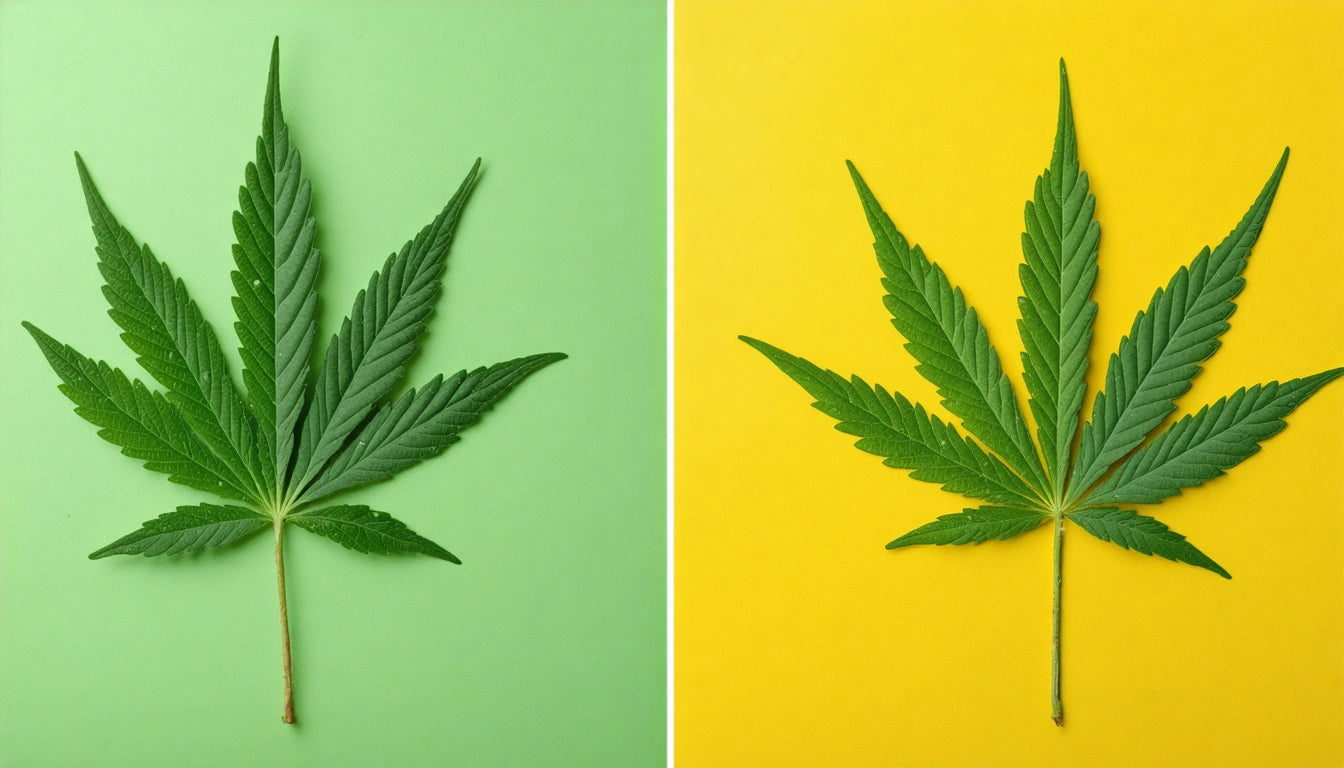Table of Contents
- Understanding How Cannabis Affects Blood Pressure
- Short-Term Effects of Cannabis on Blood Pressure
- Long-Term Implications for Hypertension Patients
- THC vs. CBD: Different Effects on Cardiovascular Health
- How Consumption Methods Affect Blood Pressure Response
- Medical Considerations and Medication Interactions
- Research Gaps and Future Directions in Cannabis Hypertension Studies
The Impact of Weed on Blood Pressure: Risks and Benefits
The relationship between cannabis and blood pressure is complex and often misunderstood. As cannabis legalization expands across the United States, more people are questioning how weed affects blood pressure and whether it poses risks or offers benefits for those with hypertension. This comprehensive guide examines the current scientific understanding of cannabis's cardiovascular effects.
Understanding How Cannabis Affects Blood Pressure
Cannabis contains over 100 cannabinoids, with THC (tetrahydrocannabinol) and CBD (cannabidiol) being the most studied. These compounds interact with the body's endocannabinoid system, which plays a role in regulating cardiovascular function. According to research on cannabis and blood pressure, the effects can vary significantly based on several factors.
The endocannabinoid system contains receptors throughout the body, including blood vessels and the heart. When cannabinoids bind to these receptors, they can trigger changes in blood vessel dilation, heart rate, and ultimately blood pressure.
Short-Term Effects of Cannabis on Blood Pressure
Initial Response: The Biphasic Effect
Cannabis typically produces a biphasic effect on blood pressure:
- Initial phase: Brief period of increased blood pressure (hypertension)
- Secondary phase: Longer-lasting decrease in blood pressure (hypotension)
This pattern explains why some users experience dizziness or lightheadedness shortly after consumption. The initial spike in blood pressure is often accompanied by an increased heart rate, as detailed in this explanation of why weed increases heart rate.
Tolerance Development
Regular cannabis users often develop tolerance to these acute cardiovascular effects. This means that does weed affect blood pressure differently in experienced users versus novices? Research suggests yes, with habitual users showing less pronounced blood pressure fluctuations.
Long-Term Implications for Hypertension Patients
The question of whether does weed help with high blood pressure or does weed cause hypertension remains complex. Long-term studies show mixed results:
Potential Benefits
Some research suggests that cannabinoids, particularly CBD, may have vasodilatory properties that could potentially benefit hypertension patients. These effects might explain why some users report that cannabis helps manage their blood pressure.
Potential Risks
Conversely, smoking cannabis introduces combustion byproducts that may damage blood vessels and contribute to atherosclerosis. Studies on smoking weed and blood pressure indicate that combustion methods may counteract any beneficial effects of the cannabinoids themselves.
When considering if can weed help high blood pressure, it's important to note that self-medication without medical supervision poses risks, especially for those already on blood pressure medications.
THC vs. CBD: Different Effects on Cardiovascular Health
THC and CBD affect blood pressure through different mechanisms:
- THC tends to increase heart rate and may temporarily raise blood pressure
- CBD appears to have anxiolytic (anxiety-reducing) properties that may help lower blood pressure
This distinction is important when evaluating what does weed do to blood pressure, as high-THC products may produce different cardiovascular effects than CBD-dominant ones.
How Consumption Methods Affect Blood Pressure Response
The method of cannabis consumption significantly influences how does weed affect your blood pressure:
Inhalation (Smoking/Vaping)
Provides rapid onset of effects with more pronounced initial cardiovascular responses. Smoking specifically introduces combustion toxins that may negatively impact cardiovascular health.
Oral Consumption (Edibles/Tinctures)
Results in delayed but potentially longer-lasting effects on blood pressure. The slower absorption may produce less dramatic initial spikes in blood pressure and heart rate.
For patients concerned about safety, proper storage of cannabis products is essential. Safety guidelines for secure packaging help prevent accidental consumption, which is particularly important for products that could affect cardiovascular function.
Medical Considerations and Medication Interactions
Cannabis may interact with common blood pressure medications:
- Beta-blockers: Possible enhanced effects leading to excessive blood pressure reduction
- ACE inhibitors: Potential for increased risk of hypotension
- Diuretics: May compound effects, leading to dehydration or electrolyte imbalances
These interactions highlight why medical supervision is crucial when considering cannabis use for patients with hypertension or cardiovascular conditions. The question of does weed help hypertension should always be addressed with healthcare providers who understand both cannabis pharmacology and cardiovascular medicine.
Research Gaps and Future Directions in Cannabis Hypertension Studies
Current research on how does weed affect blood pressure levels suffers from several limitations:
- Many studies rely on self-reported use patterns
- Legal restrictions have limited rigorous clinical trials
- Studies often fail to control for different cannabis strains and potencies
- Long-term observational studies are still emerging
As legalization expands, researchers have greater opportunities to conduct controlled studies examining specific cannabinoid profiles and their effects on different hypertension patient populations. This emerging research may eventually provide clearer guidelines on whether can weed help with high blood pressure in specific clinical contexts.
Understanding the relationship between cannabis and blood pressure requires considering multiple factors, including consumption method, cannabinoid profile, individual physiology, and concurrent medications. While some evidence suggests potential benefits for certain hypertension patients, particularly with CBD-dominant products, others may experience adverse effects, especially with high-THC varieties or smoking methods.
Patients with hypertension should discuss cannabis use with healthcare providers familiar with cannabinoid medicine rather than self-medicating based on anecdotal reports. As research advances, our understanding of how cannabis affects cardiovascular health will continue to evolve, potentially opening new therapeutic avenues while better defining risk profiles.











Leave a comment
All comments are moderated before being published.
This site is protected by hCaptcha and the hCaptcha Privacy Policy and Terms of Service apply.